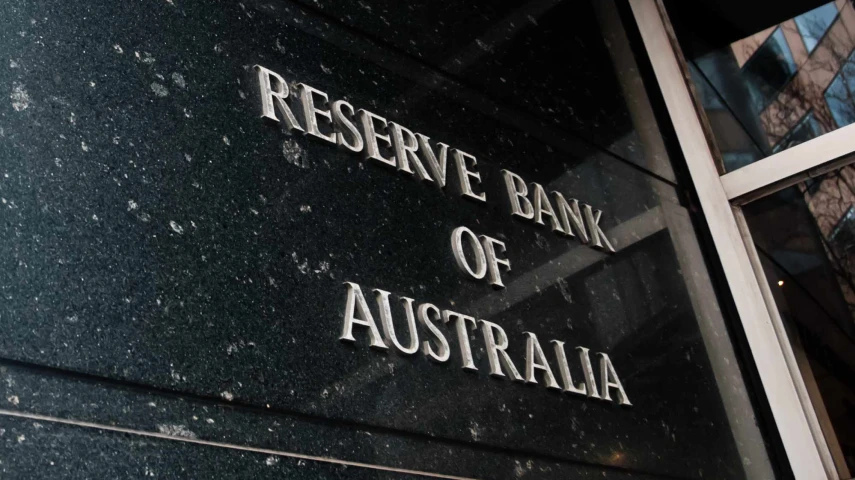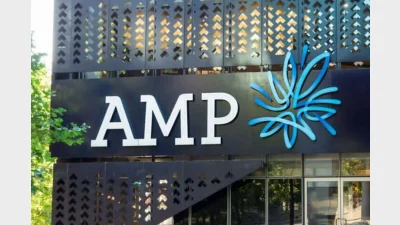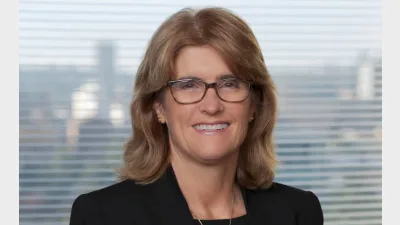RBA hands down anticipated rate decision



The central bank has announced its latest rate decision following a month of heightened speculation.
The Reserve Bank (RBA) has not taken inspiration from the US Fed, announcing another hold on Tuesday amid an ongoing hawkish tone from the governor.
The RBA left the cash rate unchanged at 4.35 per cent for the seventh consecutive time, saying: “At its meeting today, the board decided to leave the cash rate target unchanged at 4.35 per cent and the interest rate paid on Exchange Settlement balances unchanged at 4.25 per cent.”
The RBA said that its top priority is to sustainably return inflation to target while maintaining price stability and full employment, with current projections indicating that it will take time before inflation falls within the target range.
“The board will continue to rely upon the data and the evolving assessment of risks to guide its decisions. In doing so, it will pay close attention to developments in the global economy and financial markets, trends in domestic demand, and the outlook for inflation and the labour market,” it said.
“The board remains resolute in its determination to return inflation to target and will do what is necessary to achieve that outcome.”
Elaborating on inflation, the RBA said that while higher interest rates have worked to bring aggregate demand and supply closer towards balance and, in turn, have lowered inflation, “our current forecasts do not see inflation returning sustainably to target until 2026”.
“In year-ended terms, underlying inflation has been above the midpoint of the target for 11 consecutive quarters and has fallen very little over the past year,” the bank said.
The consensus among economists was for the rate to remain on hold in September.
Ahead of the RBA’s meeting, Scott Solomon, co-portfolio manager of the T. Rowe Price Dynamic Global Bond Strategy, said: “Even though most of their central bank peers have commenced their cutting cycles, we don’t expect the RBA to cut (or hike) at this month’s meeting.
“Looking ahead, unless there is a significant and unexpected change in economic data, it’s unlikely Australian borrowers see any sort of relief for the balance of the year.”
Similarly, HSBC’s Paul Bloxham said: “We don’t expect the RBA to cut its cash rate in 2024, a view we have held since late 2023.
“Our central case is that the RBA will start to cut in Q2 2025. However, there is a risk that it could take even longer for cuts to be delivered, which would be exacerbated if more fiscal support is forthcoming or productivity does not pick up as expected.”
Commonwealth Bank is among only a few to predict rate cuts this year.
Namely, the big four bank announced late last week that it expects the RBA to implement its first cut in December.
Its chief economist Gareth Aird said at the time that the recent strength in employment growth, coupled with still relatively hawkish rhetoric from the RBA governor, means “we now see December as the more likely month for the start of normalising the cash rate”.
Recommended for you
Advice licensee Centrepoint Alliance has entered an agreement to acquire the comprehensive financial advice book of the super fund’s subsidiary firm.
A coalition of industry groups including the SMSF Association is demanding the government and the opposition “immediately and unequivocally rule out any move to tax unrealised investment gains in any part of the tax system”.
AMP’s new chair has used his inaugural AGM address to call for policy reform on the “decumulation” phase of superannuation and position AMP as a key player in addressing the challenge.
Reserve Bank governor Michele Bullock has quashed hopes of an out-of-schedule rate cut, telling an event in Sydney that it remains too early to determine the trajectory of interest rates as the RBA grapples with growing global economic volatility.












